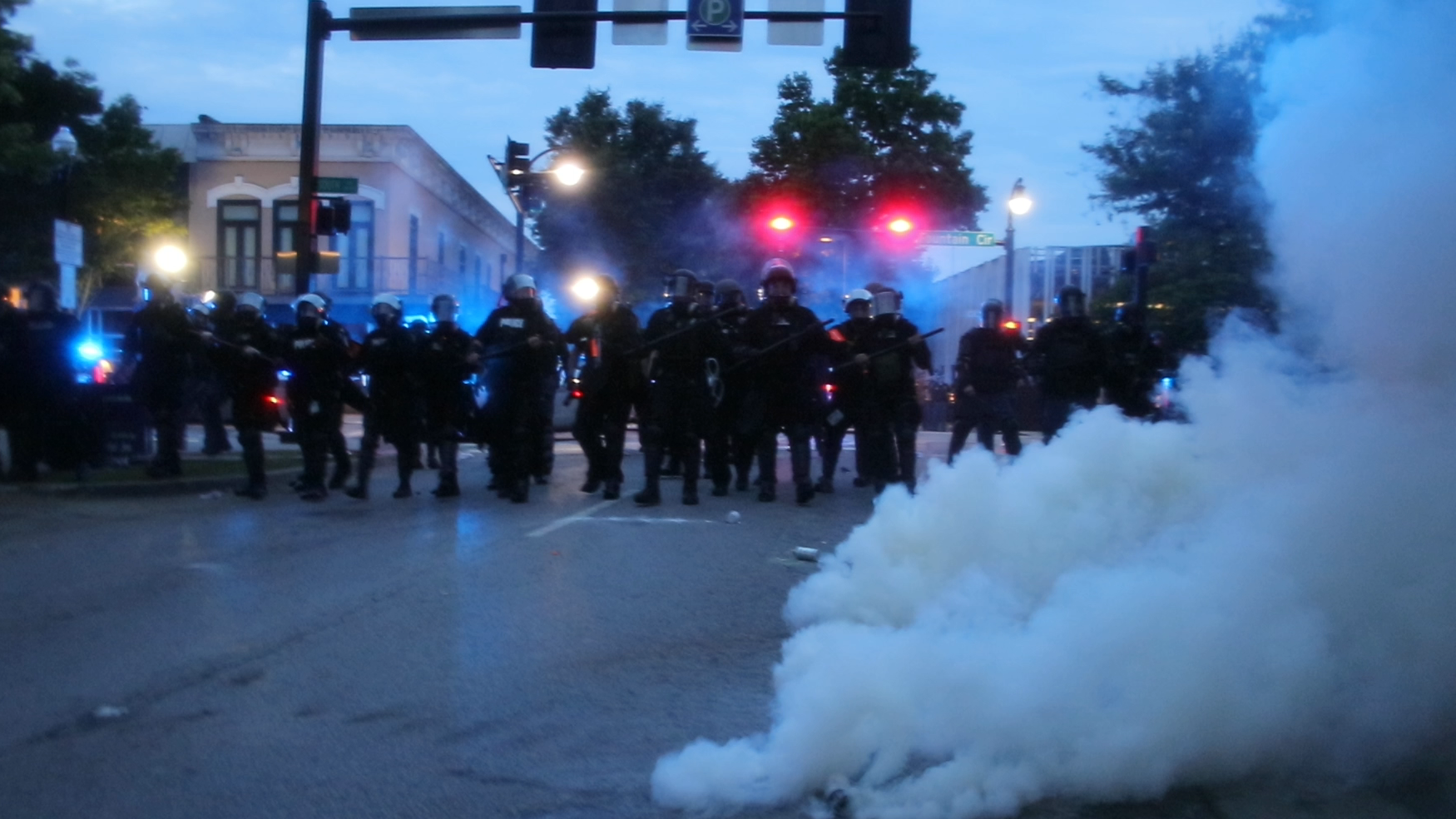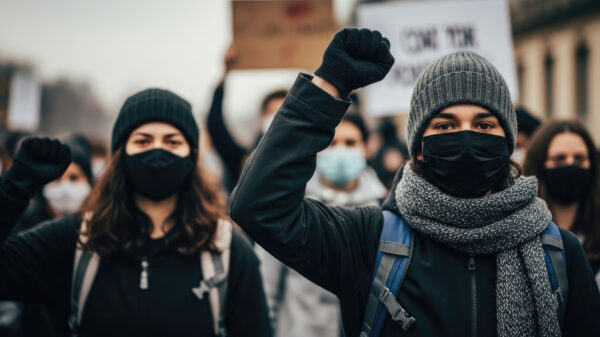The first few weeks of the legislative session passed without major conflict between Republicans and Democrats in the House chamber.
That ended on Wednesday as an anti-riot bill was placed on the special order calendar.
“I needed that; I had gotten too comfortable,” said Rep. Chris England, D-Tuscaloosa. “For several weeks here everybody has been getting along. It’s time to stop all that. Time to do some filibustering, time to do some talking.”
That was the beginning of the filibuster, delaying the acceptance of the calendar for one hour.
“There was just a huge rush of lights, it looked like a Christmas tree up here,” Speaker Mac McCutcheon, R-Monrovia, told one of the Democrats as they approached the stand for their 10 minute allotment.
“This is an anti-protest bill,” England said. “The way it’s currently worded is very dangerous. Depending on whether you like the speech or not, you could tell folks on strike to disperse and turn them into rioters if they don’t leave … There was a time when the first amendment was celebrated and protected. This would shut a lot of that down.”
As an attorney, England cautioned that the bill “appears to be unconstitutional” and a prior restraint on free speech.
England also pointed out that, in the case of protest against unfair treatment by police officers, it puts the power in the hands of the very people that are being protested against.
Rep. Mike Jones, R-Andalusia, said the bill has tried to find a “gray area” where speech is protected but certain conduct is not, such as “picking up a brick and breaking a window.”
Rp. Juandalynn Givan, D-, said the line between conduct and speech is too thin to separate the two.
“The reality is, at the end of the day, people deal with what is going on right then,” Givan said. “A police officer seeing a crowd of people with someone walking down that street saying ‘no justice, no peace,’ ‘fired up and ready to go,’ are they going to be looking at that as a form of conduct or speech?”
“What you just described is free speech,” Jones said.
At one point, Givan led the body in singing “If you’re happy and you know it.”
After the passing of the special order calendar, the filibuster continued on an uncontested bill sponsored by Rep. Parker Moore, R-Decatur, that would extend temporary occupational licensing for military spouses from 180 days to 360 days.
“Did you upset someone on the rules committee?” England asked Moore. “It’s a good bill, and you’re going to hear that a lot tonight because I’m going to come back up and use my 10 minutes again to tell you how much I like this bill.”
More than three hours into debate, the Democrats’ filibuster suddenly stopped with little explanation and bills began to pass through more quickly.
Finally at the anti-riot bill, sponsor Rep. Allen Treadaway, R-Morris, called for the bill to be carried over at the call of the chair, making it clear that the Democrats’ filibustering had succeeded in delaying a vote on the bill.
The bill did not come up again, although it could have, and it does not appear on the special order calendar for Thursday.
















































